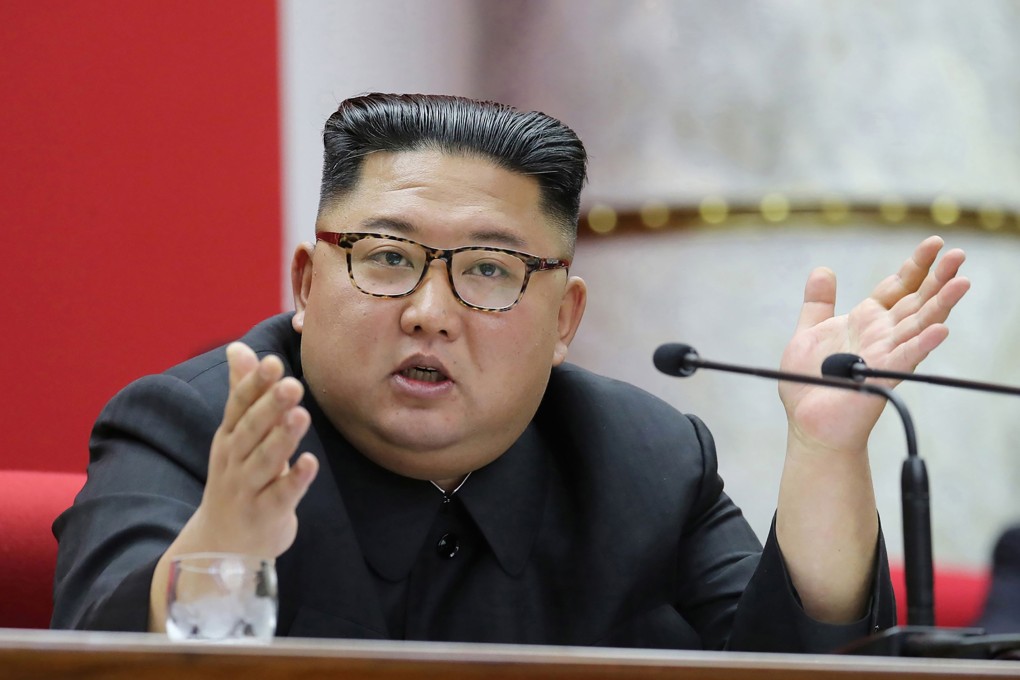Editorial | Flexibility needed on North Korean sanctions in bid to end deadlock
- With Pyongyang warning it will resume missile tests and unveil a new weapon over US failure to meet its expectations, the time has come to make allowances

Threats and bluster have always been the way of bargaining on denuclearisation for the leaders of North Korea and the United States, Kim Jong-un and Donald Trump. After 18 months of on-off diplomacy during which the pair have met three times, there is again uncertainty. The new year began ominously with the North declaring that in the absence of American concessions, its self-imposed moratorium on atomic bomb and intercontinental ballistic missile tests would end and a new “strategic weapon” would soon be unveiled. Washington’s response has so far been measured, but given a rising of tensions, restraint is not enough; it has to end the stalemate by showing flexibility on easing sanctions.
The latter broke down amid accusations by the chief North Korean negotiator that the US was unwilling to compromise. Throughout, Trump has insisted that denuclearisation must take place before crippling international economic sanctions can be removed. Washington has similarly not budged on another key sticking point, the signing of a peace treaty between the nations to formally end the 1950 to 1953 Korean war.
